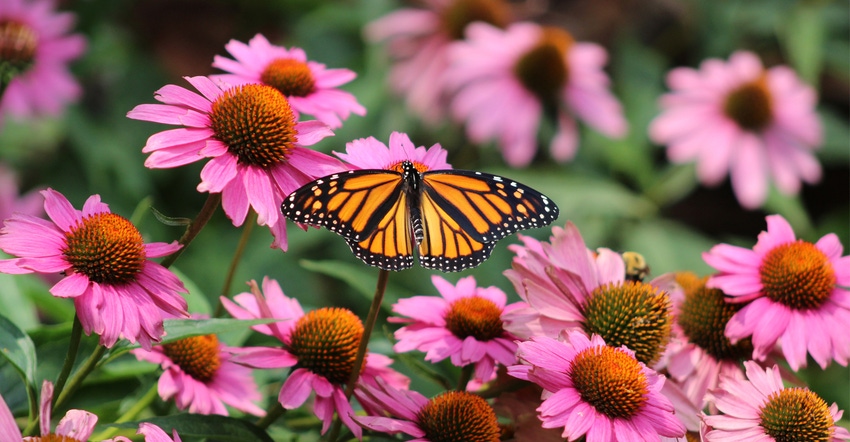January 20, 2021

Citizen science, or community science, provides opportunities to learn about the natural world through participating in scientific data collection. No formal academic qualifications or special knowledge is required — just enthusiasm and energy.
Data-collection projects range from community- and school-based activities to continental and global initiatives. And participants may be individuals, families, groups, clubs or classrooms.
The Water Rocks program plants the seed of inspiration and curiosity about natural resources and conservation among young learners, and citizen science is a way for learners to build upon that foundation through active participation in on-the-ground science.
Our hope is that many will take what they’ve learned from Water Rocks, and explore new interests and topics outside school and our programs. Citizen science participation can further fuel and nurture interest in nature, and help the upcoming generation grow in appreciation of our shared natural resources.
Citizen science participants can provide data that researchers could not otherwise effectively gather. Employing the observation skills of thousands, they are able to crowdsource data, dramatically increasing the total body of information and facilitating wide-ranging conclusions and sometimes better predictions of short- and long-range trends.
Participants don’t need to be trained scientists or experts. Most programs offer training, mobile apps and guidance on how to participate. Activities range from looking around your own yard or property to exploring remote sites to listen for frog calls or count butterflies. In any case, these programs make being a part of science and research accessible to all.
Get involved
Here are some citizen science projects that could use your help:
Great Backyard Bird Count. This international citizen science program takes place every February. On February 12-15, people of every age and background will spend 15 minutes surveying the birds in their yard and reporting their observations. Simple instructions and resources are at birdcount.org. The data gathered are utilized to map bird populations and trends over time.
Iowa DNR Volunteer Wildlife Monitoring Program. This is set of projects open to participation by all. Three major initiatives are monitoring of raptor nests, surveying frog and toad calls, and an acoustic monitoring survey for bats.
The Department of Natural Resources provides detailed guidelines for each program to ensure quality data collection, as well as the safety of participants and study subjects. The frog and toad survey takes place in March and April. Information about training workshops is at iowadnr.gov.
Monarch butterfly programs. Two major monarch butterfly programs are seeking participants. Journey North is a butterfly sighting project that maps the northbound migration of monarchs in real time. Monarch Watch takes a more hands-on approach to tracking monarchs through a tagging program that enables the tracing of individual creatures from where they are tagged by volunteers to wherever the tags are recovered by other volunteers. Both of these programs provide excellent resources and guides to aid in the collection of valuable data.
CoCoRaHS. The Community Collaborative Rain, Hail and Snow Network is a citizen science project covering all 50 states that has been in operation since 1998. CoCoRaHS collects real time precipitation observations submitted by volunteers. The program uses low-cost measurement tools, provides extensive training, and provides an interactive website at https://www.cocorahs.org/to facilitate the gathering of high-quality data for use in conservation, education and research applications.
Additional resources
Citizen science is not a new concept, but it is one that we at Water Rocks whole-heartedly encourage everyone to explore. In addition to the projects above, information on projects in nearly any area of interest can be discovered and researched at the following sites:
Staudt is director of Water Rocks and program manager for Iowa Learning Farms.
Read more about:
WildlifeYou May Also Like




